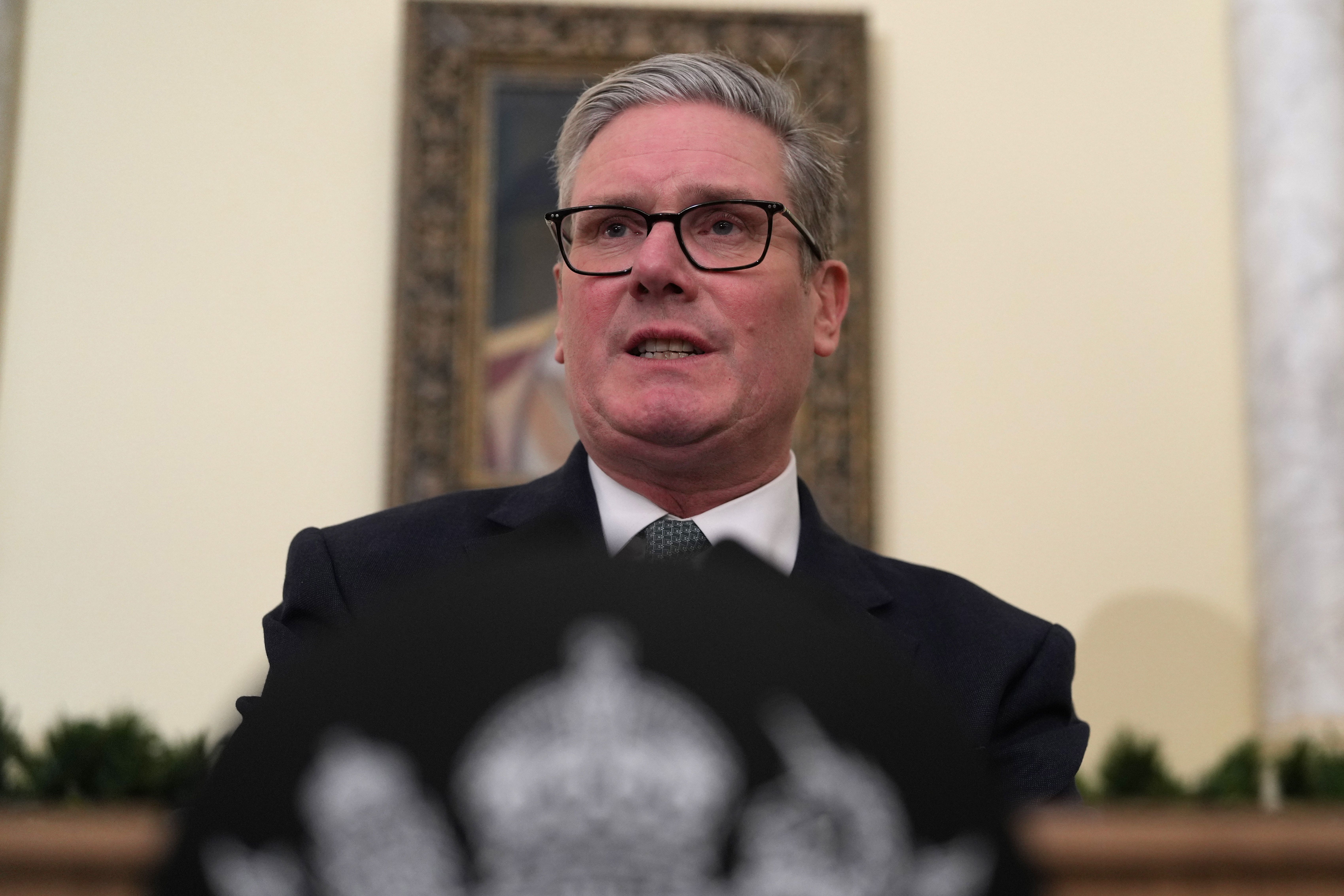British novelists criticise government over AI ‘theft’
Share:
Kate Mosse and Richard Osman say plan to mine artistic works for data would destroy creative fields. Bestselling novelists Kate Mosse and Richard Osman have hit back at the government’s apparent plan to give artificial intelligence companies broad freedoms to mine artistic works for data, warning it could “destroy” growth in creative fields and amount to “theft”.
They spoke out after the prime minister, Keir Starmer, on Monday launched a national drive to make the UK “one of the great AI superpowers” and endorsed a 50-point action plan that included reform of how AI firms can use copyrighted text and data to train their models.
The government had been consulting on whether to allow the major technology companies to hoover up massive quantities of writing, music and other creative works unless copyright holders actively opt out. It is seen as a way of supercharging the growth of AI companies in the UK. Huge volumes of data are needed to train AI models and technology firms claim copyright laws create uncertainty which risks holding back development.
But creatives want AI companies to pay and were dismayed when Starmer said he backed calls for a system similar to the EU which requires copyright holders to opt out of the trawling process. The Creative Rights in AI coalition, which includes industry groups in music, publishing, journalism, TV, cinema and photography, on Tuesday called the PM’s position “deeply concerning” and called on ministers to continue to consider their case to keep the current copyright system.






















